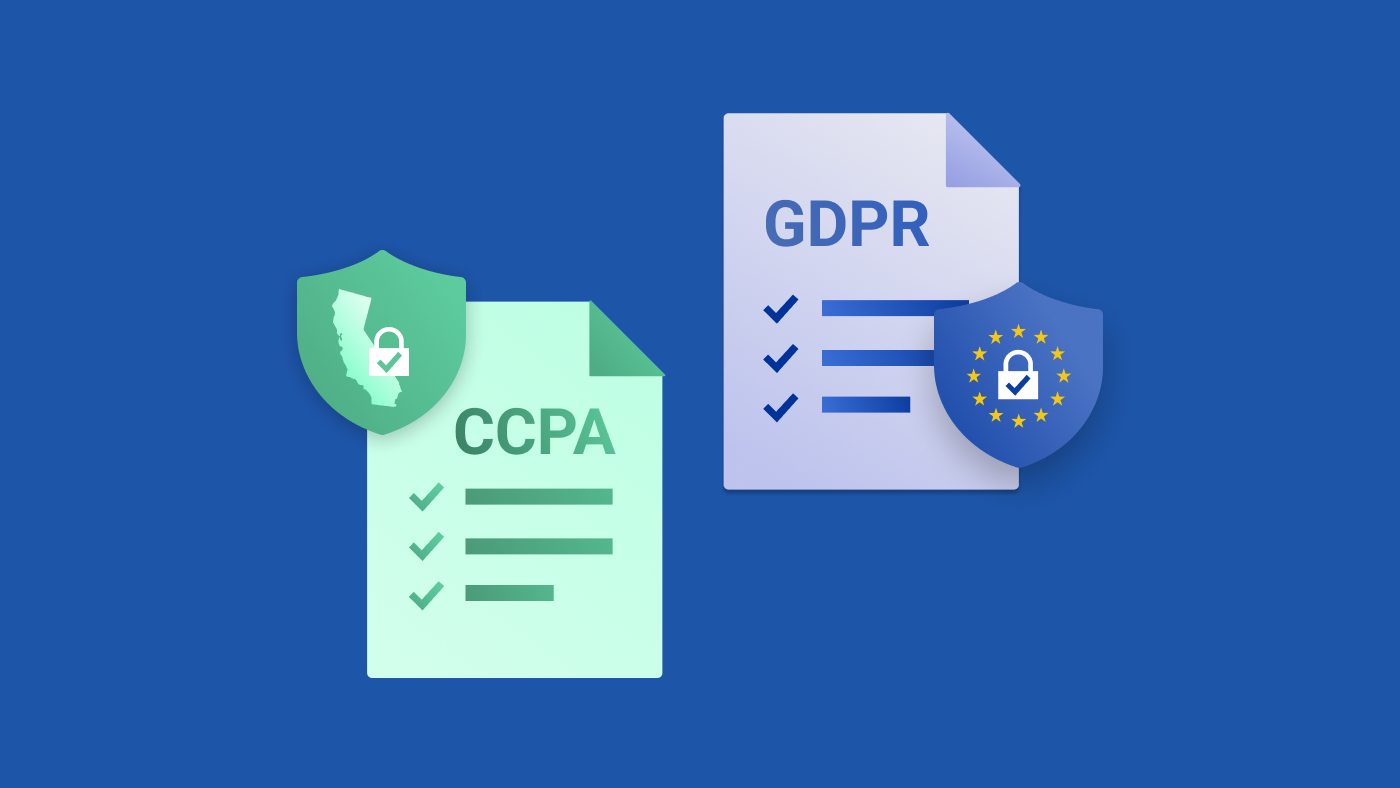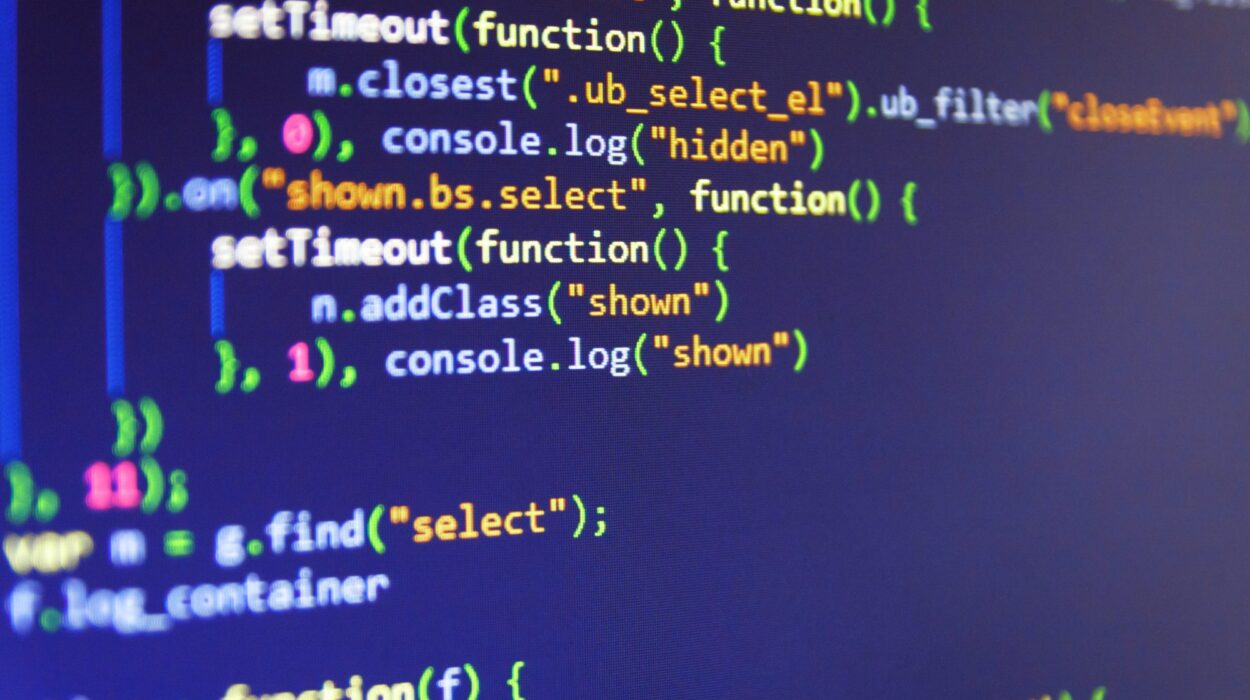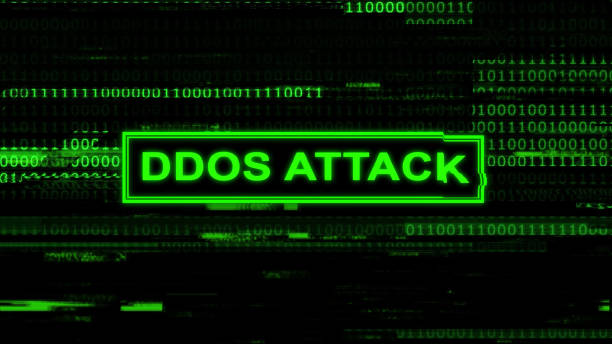Data has become the currency of the digital age. Every time a person browses a website, installs an app, or completes an online transaction, personal data is collected, analyzed, and often monetized. While this information fuels innovation and convenience, it also introduces profound risks related to privacy, security, and control. As public awareness of data exploitation has grown, governments around the world have enacted laws to protect individuals’ personal information. Among these, the General Data Protection Regulation (GDPR) of the European Union and the California Consumer Privacy Act (CCPA) in the United States stand as two of the most influential frameworks.
Understanding these laws is not only essential for businesses and organizations that handle data, but also for individuals who want to know their rights in an increasingly digital society. Data privacy laws shape how companies operate globally, dictating how they collect, process, and share personal information. The landscape is complex and evolving, encompassing diverse jurisdictions, cultural attitudes, and legal traditions. Exploring GDPR, CCPA, and other global privacy frameworks provides insight into the future of data protection and digital ethics.
The Rise of Data Privacy Concerns
In the early decades of the internet, data collection practices were largely unregulated. Companies freely gathered vast quantities of information from users without explicit consent or transparency. Advertising networks, analytics services, and social media platforms built massive databases capable of tracking individuals across devices and contexts.
The consequences of these practices became evident through major data breaches and scandals. The Cambridge Analytica affair in 2018, where political consultants harvested millions of Facebook profiles for voter targeting, underscored the power of personal data in shaping opinions and behavior. Likewise, numerous corporate breaches exposed sensitive financial and health data, revealing how vulnerable individuals were in the digital ecosystem.
These events fueled public outrage and political momentum for stronger privacy protections. Citizens began to demand transparency, control, and accountability from the organizations that held their data. Governments responded with new laws that established data protection as a fundamental right, reflecting a shift from corporate convenience to individual empowerment.
Understanding the GDPR: A Global Standard for Data Protection
The General Data Protection Regulation (GDPR) was enacted by the European Union in 2016 and came into effect on May 25, 2018. It represents one of the most comprehensive and influential privacy laws in history. Built upon decades of European data protection principles, the GDPR redefined how personal data should be handled across borders, industries, and technologies.
The central philosophy of GDPR is that individuals, not organizations, own their personal data. It grants citizens of the European Economic Area (EEA) extensive rights over how their data is collected, used, and shared. It also imposes strict obligations on any organization—regardless of location—that processes the personal data of EU residents. This extraterritorial reach makes GDPR a de facto global standard for privacy compliance.
Key Principles of GDPR
GDPR is structured around several foundational principles that guide lawful data processing. These include lawfulness, fairness, transparency, purpose limitation, data minimization, accuracy, storage limitation, integrity, confidentiality, and accountability.
Lawfulness means data must be processed under a valid legal basis, such as consent, contract fulfillment, or legitimate interest. Fairness and transparency require organizations to inform individuals about how their data will be used. Purpose limitation dictates that data should only be collected for specific, legitimate purposes and not used for unrelated reasons later.
Data minimization ensures that only the necessary amount of data is collected, while accuracy mandates keeping information up to date. Storage limitation restricts how long data can be retained, and integrity and confidentiality require safeguarding it from unauthorized access or loss. Accountability binds organizations to demonstrate compliance with these principles through documentation and governance measures.
Together, these principles form a comprehensive ethical and legal framework, emphasizing respect for personal autonomy and digital trust.
Individual Rights Under GDPR
One of GDPR’s most significant achievements is its establishment of individual rights over personal data. These rights give users meaningful control and the ability to challenge misuse.
The right to access allows individuals to request a copy of their data and understand how it is being processed. The right to rectification ensures that inaccurate or incomplete information can be corrected. The right to erasure, also known as the “right to be forgotten,” empowers individuals to request deletion of their data under certain circumstances.
The right to restriction of processing lets individuals limit how their data is used, while the right to data portability allows them to transfer their data to another service provider in a structured, machine-readable format. The right to object gives individuals the ability to refuse processing for certain purposes, such as marketing. Finally, individuals have the right not to be subject to automated decision-making or profiling that significantly affects them without human intervention.
These rights collectively strengthen personal agency and transparency, ensuring that data subjects are not passive participants but active decision-makers in the digital ecosystem.
The Role of Consent in GDPR
Consent is a cornerstone of GDPR compliance. For consent to be valid, it must be freely given, specific, informed, and unambiguous. Pre-ticked boxes or vague language do not meet these criteria. Individuals must take clear, affirmative action to indicate agreement, and they must also be able to withdraw consent at any time.
Organizations are required to document consent and ensure it can be easily revoked. This approach represents a shift from implied consent to explicit control, forcing companies to rethink user interfaces, privacy notices, and data collection mechanisms.
The GDPR’s emphasis on informed consent has reshaped global practices. Many websites now display cookie banners and consent management platforms to align with these standards, though the effectiveness and clarity of these implementations continue to be debated.
Data Controllers, Processors, and Supervisory Authorities
GDPR differentiates between data controllers and data processors to clarify responsibility. The data controller determines the purposes and means of processing, while the processor acts on behalf of the controller. Both entities must adhere to the regulation, though controllers carry primary accountability.
Supervisory authorities in each EU member state oversee compliance and enforce the regulation. The European Data Protection Board (EDPB) coordinates these authorities to ensure consistent application across borders.
Organizations that process large volumes of personal data or engage in systematic monitoring must appoint a Data Protection Officer (DPO) to oversee compliance, advise management, and serve as a contact point for regulators.
Enforcement and Penalties
The GDPR grants supervisory authorities the power to impose severe penalties for violations. Fines can reach up to €20 million or 4% of global annual turnover, whichever is higher. These penalties are intended to ensure that data protection is taken as seriously as financial and operational risks.
Beyond monetary fines, reputational damage can be substantial. Companies that fail to protect personal data risk losing customer trust and facing public scrutiny. Enforcement actions have targeted major corporations, including technology giants, demonstrating that no organization is above compliance.
The CCPA: A Landmark in American Privacy Law
While the United States historically favored sector-specific privacy laws, California’s Consumer Privacy Act (CCPA), enacted in 2018, marked a turning point. The CCPA reflects growing American recognition of data privacy as a fundamental right, inspired in part by the global influence of GDPR.
The CCPA applies to for-profit entities that do business in California and meet certain thresholds regarding revenue, data processing volume, or consumer data sales. Although limited to California residents, the CCPA’s reach is effectively national, as most large companies operating in the U.S. must comply due to California’s economic prominence.
The act grants Californians new rights over their personal information, mandates transparency from businesses, and introduces significant penalties for violations. It also laid the groundwork for the California Privacy Rights Act (CPRA), which expanded protections further in 2023.
Key Features of the CCPA
At its core, the CCPA provides Californians with the right to know, the right to delete, the right to opt out, and the right to non-discrimination.
The right to know allows consumers to request disclosure of what personal information a business collects, uses, or shares. The right to delete enables them to ask businesses to erase personal information, subject to certain exceptions. The right to opt out empowers individuals to refuse the sale of their data, while the right to non-discrimination prohibits companies from treating consumers differently for exercising these rights.
Businesses are required to update their privacy policies, provide clear notice at the point of data collection, and implement mechanisms for submitting consumer requests. While the CCPA stops short of GDPR’s explicit consent requirement, it nevertheless establishes a significant shift toward user control in American privacy law.
Comparing GDPR and CCPA
Although GDPR and CCPA share similar goals—transparency, control, and accountability—their approaches differ in several respects.
GDPR is comprehensive and applies globally to any organization processing EU residents’ data. It is built on human rights principles, viewing privacy as an inherent right. CCPA, by contrast, is consumer-oriented and primarily designed to regulate business practices.
Under GDPR, data processing requires a lawful basis such as consent, contract, or legitimate interest. The CCPA does not require legal justification for collection but focuses on disclosure and consumer choice. GDPR defines personal data broadly, while CCPA introduces the concept of “selling” data and emphasizes monetization.
Another distinction lies in enforcement and penalties. GDPR enforcement is centralized through supervisory authorities with substantial powers, whereas CCPA relies on the California Attorney General and, later, the California Privacy Protection Agency (CPPA). Penalties under CCPA are lower but still significant, and it allows limited private lawsuits for data breaches.
Despite these differences, the two laws complement each other by setting high standards that influence global policy and corporate behavior. Many multinational companies adopt hybrid compliance models that satisfy both frameworks simultaneously.
Other Global Data Privacy Laws
The success of GDPR and CCPA has inspired a wave of new privacy legislation worldwide. Countries across Asia, Latin America, Africa, and North America have introduced or updated laws to align with global standards.
In Canada, the Personal Information Protection and Electronic Documents Act (PIPEDA) governs private-sector data handling, emphasizing consent and accountability. Brazil’s General Data Protection Law (LGPD), enacted in 2020, closely mirrors GDPR in both structure and scope, extending rights and obligations across all sectors.
In Asia, nations such as Japan, South Korea, Singapore, and India have adopted robust privacy frameworks. Japan’s Act on the Protection of Personal Information (APPI) introduced cross-border data transfer rules compatible with EU standards. India’s Digital Personal Data Protection Act (DPDP Act), passed in 2023, establishes a comprehensive regulatory system with consent-based processing and government oversight.
African nations are also advancing data protection initiatives. South Africa’s Protection of Personal Information Act (POPIA) and Nigeria’s Data Protection Regulation (NDPR) signify growing regional awareness of privacy as a developmental and human rights issue.
These diverse laws reflect a global convergence toward privacy protection while also highlighting local variations based on cultural, legal, and economic factors.
Cross-Border Data Transfers and Global Compliance
In a connected world, data flows freely across borders, but privacy laws impose restrictions on where and how personal information can be transferred. GDPR allows cross-border data transfers only if the receiving country ensures an adequate level of protection. The European Commission maintains a list of countries deemed adequate, including Japan, the UK, and Canada.
For non-adequate countries, organizations must use safeguards such as Standard Contractual Clauses (SCCs) or Binding Corporate Rules (BCRs). These legal mechanisms bind recipients to uphold GDPR-level protections even outside the EU.
The invalidation of the EU-U.S. Privacy Shield in 2020 highlighted the complexity of international data transfers. Concerns over U.S. surveillance laws prompted courts to rule that American companies could not guarantee equivalent privacy standards. This led to the creation of the EU-U.S. Data Privacy Framework in 2023, an updated agreement designed to restore legal certainty for transatlantic data flows.
Globally, companies face similar challenges in reconciling conflicting privacy requirements. Multinational organizations must navigate a maze of regulations, often customizing data handling practices for different jurisdictions. The trend toward interoperability frameworks and mutual recognition agreements suggests that future governance may focus on harmonization rather than fragmentation.
The Role of Technology in Privacy Compliance
Modern privacy compliance relies heavily on technology. Data mapping tools identify where personal data resides across systems, enabling organizations to assess risks and fulfill regulatory obligations. Consent management platforms track user permissions, ensuring transparency and traceability.
Privacy-enhancing technologies (PETs) such as encryption, anonymization, pseudonymization, and differential privacy reduce the risks of data exposure. Artificial intelligence systems can automate compliance checks, detect anomalies, and respond to data subject requests efficiently.
At the same time, technology introduces new challenges. AI-driven data analysis can blur the lines between anonymous and identifiable data. Internet of Things (IoT) devices, cloud computing, and blockchain technology complicate jurisdictional questions and data ownership. Regulators are increasingly focusing on emerging technologies, seeking to balance innovation with fundamental privacy protections.
Business Responsibilities and Ethical Data Stewardship
Compliance is not merely a legal obligation but a strategic imperative. Businesses that handle personal data must adopt a culture of ethical stewardship, integrating privacy into every stage of operations.
Privacy by design and by default—concepts enshrined in GDPR—require organizations to embed data protection into systems and workflows from the outset. This means minimizing data collection, limiting retention, and securing data throughout its lifecycle.
Transparency is equally vital. Clear, accessible privacy notices build trust, while open communication about data practices fosters accountability. Regular audits, employee training, and incident response planning are critical for maintaining compliance and resilience.
Ethical considerations extend beyond law. As artificial intelligence and big data analytics grow, companies face moral questions about fairness, bias, and consent. Responsible data governance ensures that innovation serves humanity without compromising autonomy or dignity.
The Future of Global Data Privacy
The landscape of data privacy is dynamic and rapidly evolving. New technologies, geopolitical tensions, and societal expectations continue to reshape the conversation. Emerging trends such as decentralized identity systems, digital sovereignty movements, and AI regulation signal a future where privacy is both a legal right and a technological design principle.
Artificial intelligence regulation is becoming a focal point. The EU’s forthcoming AI Act introduces requirements for transparency, human oversight, and risk management. Similar initiatives are being explored in the United States, China, and other regions, blending data protection with algorithmic accountability.
Global convergence around privacy principles seems inevitable. While legal systems differ, the underlying values—transparency, accountability, and respect for individual rights—are universal. As data becomes more integrated into every aspect of life, privacy will define not only compliance but also trust in digital civilization.
Conclusion
GDPR and CCPA represent more than regulatory frameworks—they embody a philosophical shift toward individual empowerment and ethical responsibility in the digital era. Together with emerging global laws, they form the backbone of a new social contract between technology and humanity.
Understanding these laws is essential not just for lawyers or compliance officers but for everyone who participates in the digital ecosystem. Data privacy is no longer a niche concern; it is a fundamental element of democracy, innovation, and human dignity.
The challenge ahead lies in balancing the benefits of data-driven progress with the imperative of personal freedom. Organizations that embrace privacy as a core value rather than a regulatory burden will lead the way toward a safer, more trustworthy digital future.
The era of unchecked data exploitation is ending. In its place emerges a vision of responsible innovation, guided by laws like GDPR, CCPA, and their global counterparts. These laws remind us that privacy is not about hiding—it is about choosing, controlling, and protecting what defines us in the connected world.






